Research Areas
-
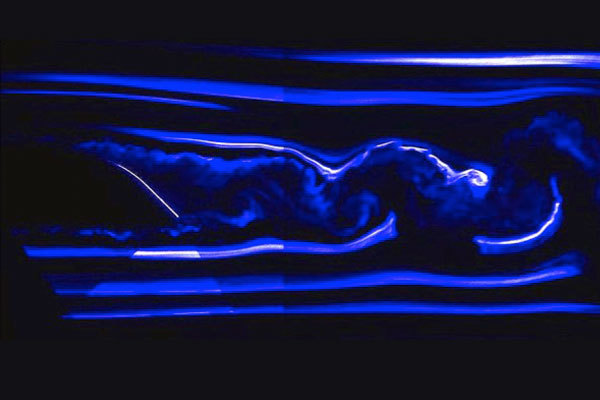
Turbulence
The existence of turbulent phenomena is ubiquitous in almost all engineering fluid flow. The study of turbulence at Notre Dame spans from basic, fundamental research to applied technology development. Research in turbulence includes many sub-fields, including fluid-structure interactions, aeroacoustics, and applied flow control.
Learn more from our researchers:
-
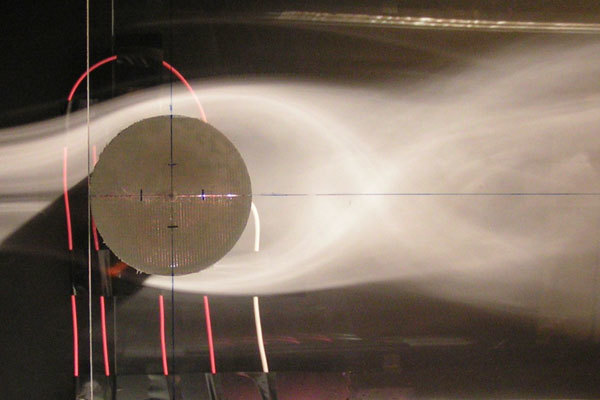
Experimental Methods
The development of novel and insightful experiments has guided the field of fluid mechanics for over 150 years. Notre Dame is home to many of the largest and most capable university wind tunnel facilities in the world, with over 20 individual tunnels ranging in power up to 10MW and speeds up to Mach 10. Advances measurement technologies, including laser-based scattering/visualization, optical diagnostics, plasma-based anemometers and image-based sensor technologies to capture various flow variables, including velocity, pressure and temperature, are under development.
Learn more from our researchers:
-
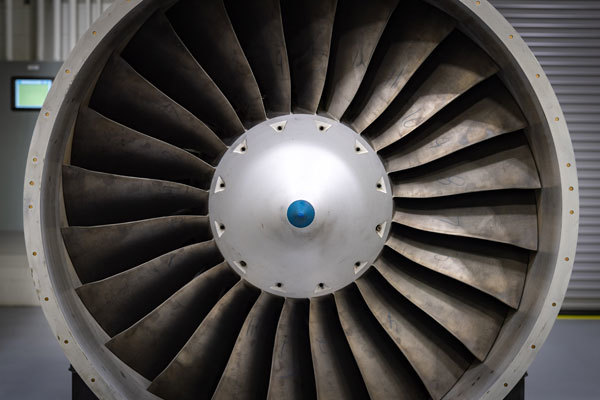
Numerical Methods
Computational methods are the basis for all modern engineering design. Advanced CFD methods are used at Notre Dame to provide deep understanding of complex fluid flows. Additionally, the advancement of numerical methods and turbulence modeling are leading new discoveries and improving design.
Learn more from our researchers:
-
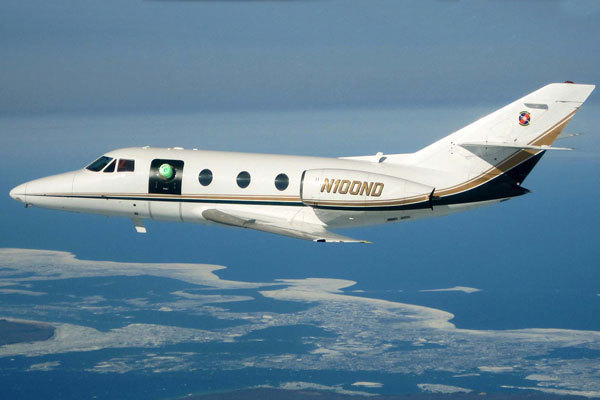
Aero-Optics
Laser light that passes through a high-speed (compressible) air flow results in changes in the direction and intensity of the beam. Notre Dame uses a combination of computations, wind tunnel experiments, and a unique aircraft base laboratory to study and mitigate these effects.
Learn more from our researchers:
-

Propulsion and Power Generation
Gas-turbine engines and related technologies provides a significant fraction of the world’s electrical power generation, and are also the center of the propulsion systems for commercial aircraft. Notre Dame research focuses on turbomachinery, combustion, and wind energy, and physical processes in ram/scramjet engines.
Learn more from our researchers:
-

Supersonic and Hypersonic Flows
High-speed aerodynamic flows result in significant challenges to the stability, control, and efficiency of aircraft. Additionally, aerodynamic heating of a surface leads to interdisciplinary challenges that involves hydrodynamic stability and advanced materials development. Notre Dame's unique experimental research capabilities include a large Mach-6 quiet tunnel, currently being commissioned, and a Mach-10 quiet tunnel in development.
Learn more from our researchers:
-
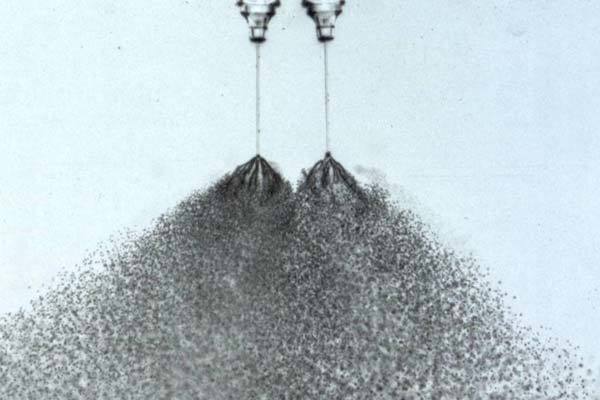
Environmental Flows
Fluid flows in the natural environment, including the atmosphere, rivers/streams and the oceans, dramatically affect weather, pollution, and climate change. Research at Notre Dame in this domain is focused on developing a more comprehensive understanding of environmental phenomena, leveraging both laboratory and field experiments as well as computations, to advance predictions and inform strategies for enhanced sustainability and mitigation of climate-change effects.
Learn more from our researchers: